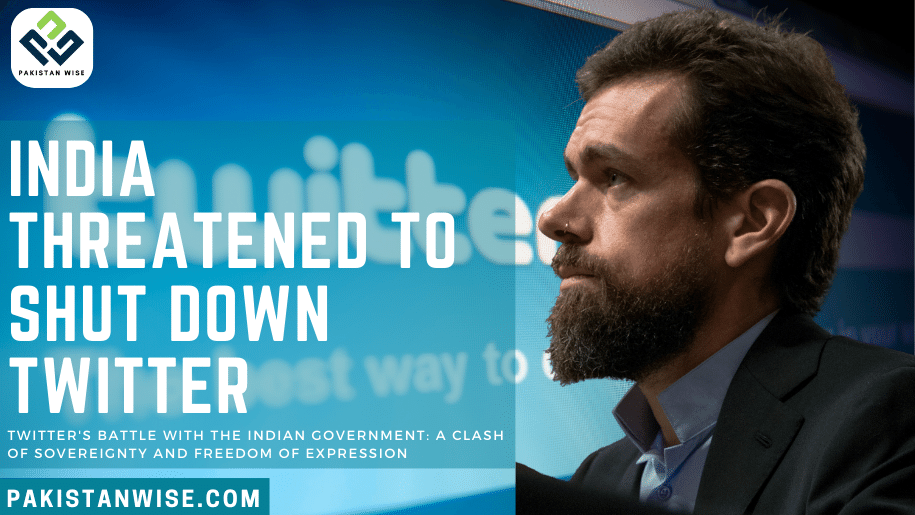Twitter's Battle with the Indian Government: A Clash of Sovereignty and Freedom of Expression
Introduction
In a clash between the world’s largest democracy and a prominent social media giant, Twitter, the Indian government issued repeated requests for the removal of posts and suspension of accounts. Threats of legal action accompanied these demands, leading to a heated debate on the limits of freedom of expression. Jack Dorsey, co-founder of Twitter, shed light on India’s persistent pressure on the platform, particularly regarding farmers’ protests and criticism of the government.
India’s Requests for Content Removal
Despite its democratic status, India consistently approached Twitter with requests to remove specific posts and accounts, often targeting journalists critical of the government. Dorsey acknowledged the country’s active involvement in censoring content related to farmers’ protests and expressed concern over the situation. The Indian government’s demands sometimes included threats of severe consequences, such as shutting down Twitter in India or raiding employees’ homes.
Twitter’s Resistance and Legal Battles
Unlike its American counterparts, Twitter initially resisted government directives to remove posts or suspend accounts. The company even filed lawsuits against the Indian government to challenge imposed block orders. However, with the introduction of India’s new IT regulations, Twitter faced increased pressure to comply. These regulations mandated the nomination and disclosure of contact information for regulatory compliance representatives, nodal points of reference, and mechanisms for addressing grievances.
Confrontations and Office Visits
In 2021, as Twitter failed to comply with India’s new regulations, the Delhi Police’s special unit conducted surprise visits to Twitter’s offices in the country. This led to concerns about the potential threat to freedom of expression and Twitter’s employees in India. The social media platform expressed its apprehension regarding the events unfolding and the impact on the people it served.
Twitter’s Alleged Non-Compliance with Indian Law
Rajeev Chandrasekhar, India’s federal deputy minister for information technology, dismissed Dorsey’s claims, asserting that Twitter, under his leadership, repeatedly violated Indian law. Chandrasekhar argued that Twitter’s non-compliance lasted from 2020 to 2022, and it was only in June 2022 that the platform finally complied. He emphasized India’s sovereign right to enforce its laws on all companies operating within its jurisdiction.
Misinformation and the Government’s Obligation
Chandrasekhar highlighted the need for action against misinformation during the protests in January 2021. He stated that Twitter played host to a significant amount of fake news, including reports of genocide, which could have exacerbated the situation. The government felt obligated to remove misinformation from the platform to prevent further unrest based on false information.
Conclusion
The clash between Twitter and the Indian government showcased a struggle between sovereignty and freedom of expression. While Twitter initially resisted government pressure, the introduction of new regulations led to compliance and subsequent allegations of non-compliance. The Indian government argued that it had the right to enforce its laws, especially regarding misinformation that could incite violence. This ongoing debate raises important questions about the delicate balance between freedom of expression and national sovereignty in the digital age.

